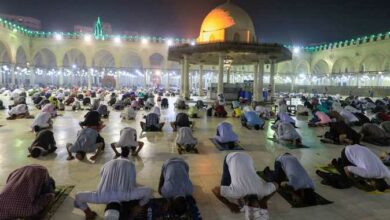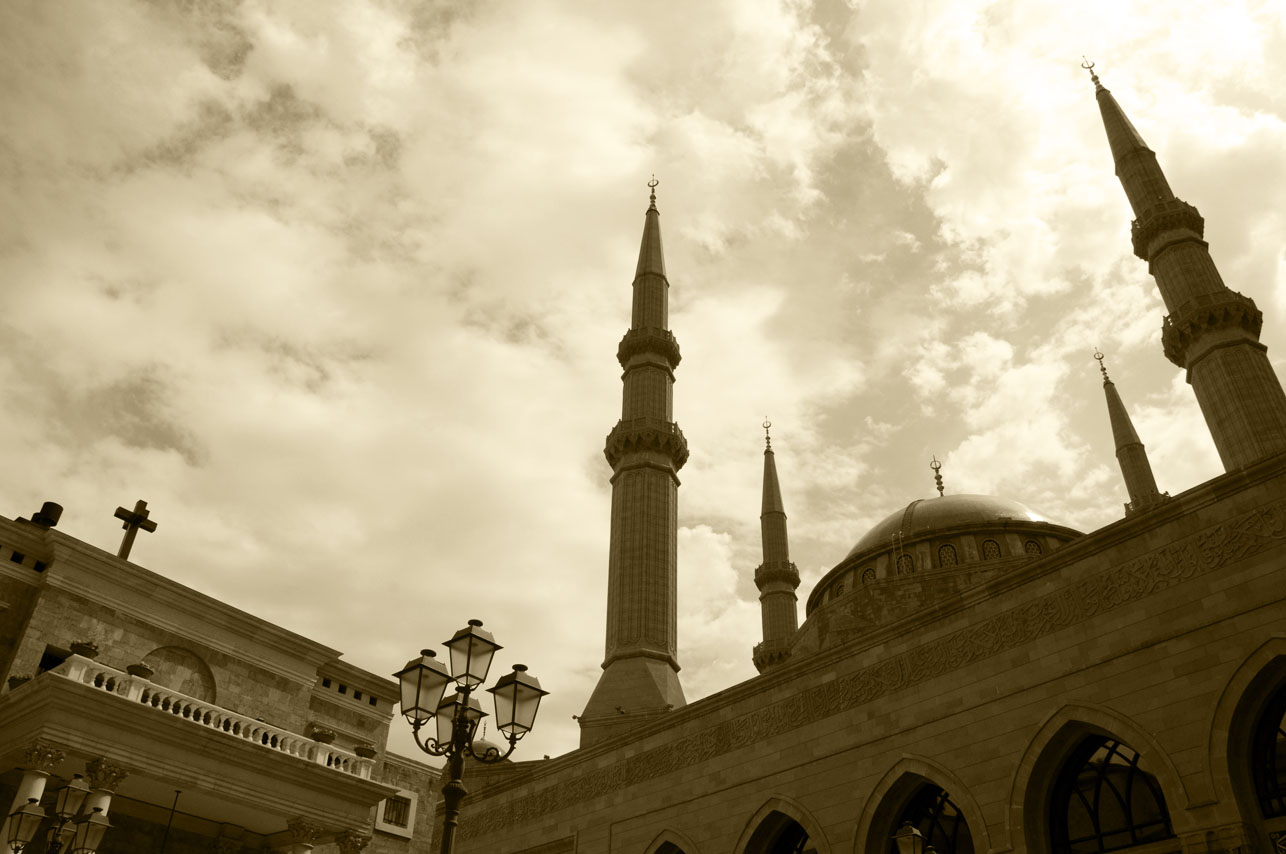The Egyptian government will reconsider the unified law on the construction of places of worship in light of various observations made by the Coptic Church, Al-Azhar, and the National Justice Commission, said Egyptian Prime Minister Essam Sharaf on Thursday.
In June, the military-backed government proposed a law giving governors the power to grant or deny permits to build, modify or renovate places of worship. The bill also put limits on the size of houses of worship, stating that they must be at least 1000 square meters in floor area, and on the number of such places allowed in a given area. However, the draft was rejected by Coptic activists as too restrictive.
This month, Egypt’s National Council for Human Rights (NCHR) proposed a new amended law on places of worship. The NCHR’s draft softens the rigid conditions set by the government, such as the requirement that there be at least 500 meters distance between each worship place. The size limit was also removed.
According to a government statement on Thursday, Sharaf held a meeting with Egyptian governors and instructed them to prepare a full inventory of all unlicensed Christian houses of worship in order to legalize their status.
The government said it would form a neutral committee in each governorate headed by a judge to prepare a full inventory of houses of worship and discuss their legal status.
The creation of a single law covering the construction of both churches and mosques has been a top priority for Coptic activists, who say that they suffer from systematic discrimination in building churches.
Throughout Egypt’s modern history, the building of non-Muslim places of worship has faced various restrictions. In 1934, the Ministry of Interior set ten conditions for church building. Critics say these managed to limit the number of churches across the country.
Egypt, with about 10 percent of its population Christians, has the largest community of Middle Eastern Christians. They have systematically raised concerns about state discrimination, especially with regards to their right to access places of worship.
Before the toppling of Mubarak, the NCHR proposed a draft law for places of worship but the bill wasn’t disseminated publicly. Activists said then that State Security Investigations Service opposed the bill.
The draft bill applies to mosques as well, and many Muslim scholars and imams have reacted positively, despite some reservations.
Last week, the House of the Egyptian Family, an ad hoc committee formed by both Grand Sheikh of Al-Azhar Ahmed al-Tayyeb and Pope III Shenouda, rejected the draft law.
Last June, the Cairo Center for Human Rights demanded the withdrawal and revision of the law because they said it contained "impractical regulations" on the construction of houses of worship.
Translated from the Arabic Edition




